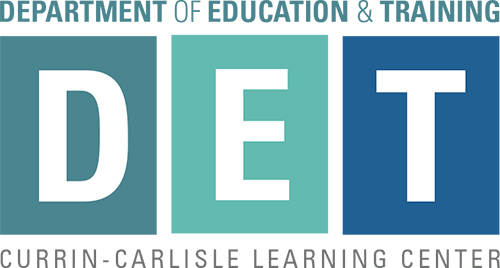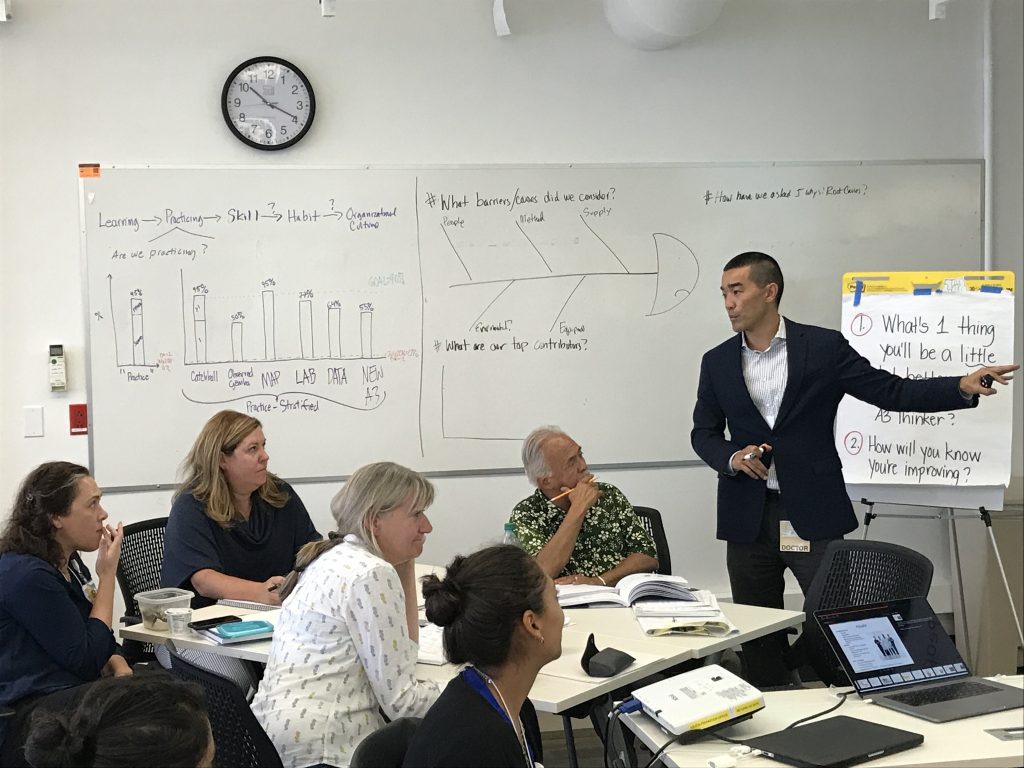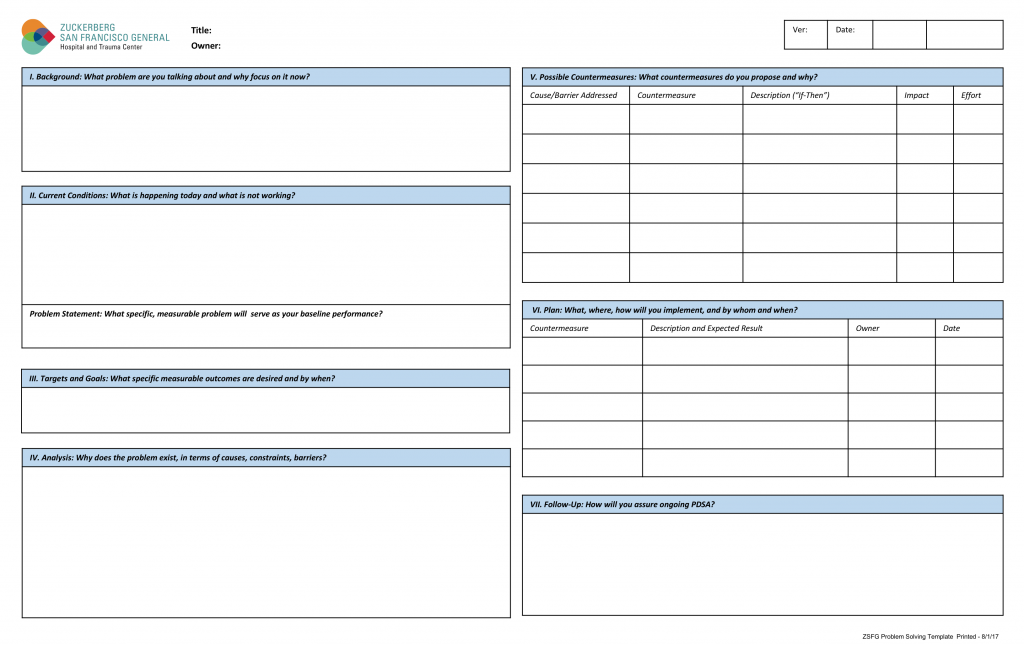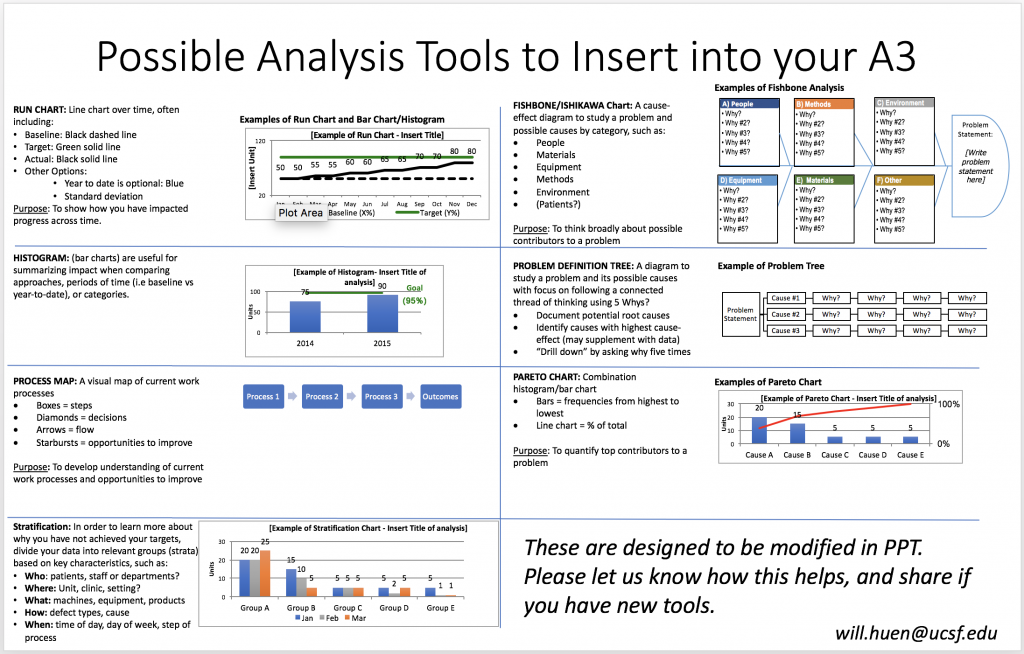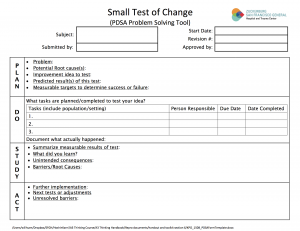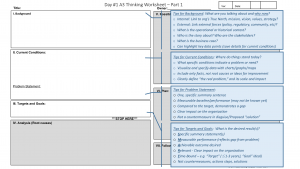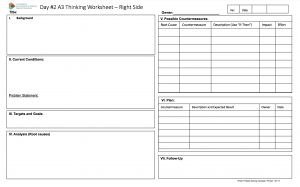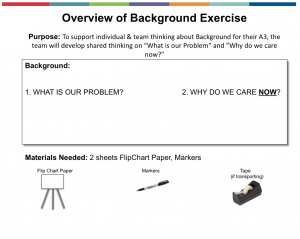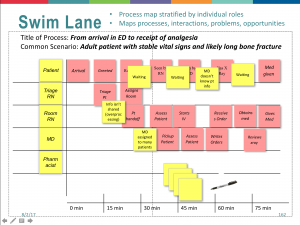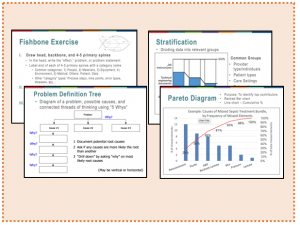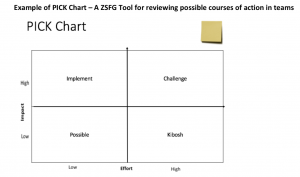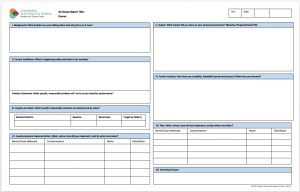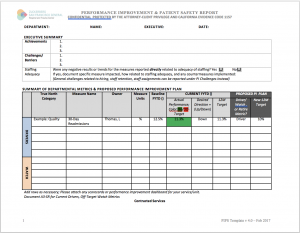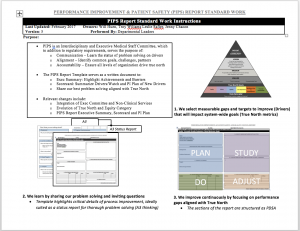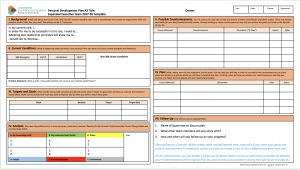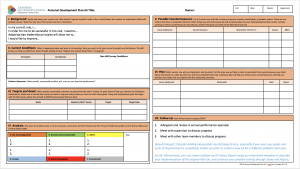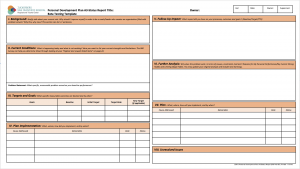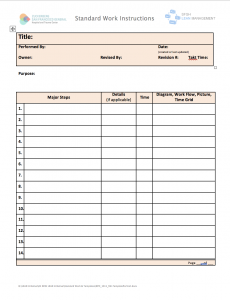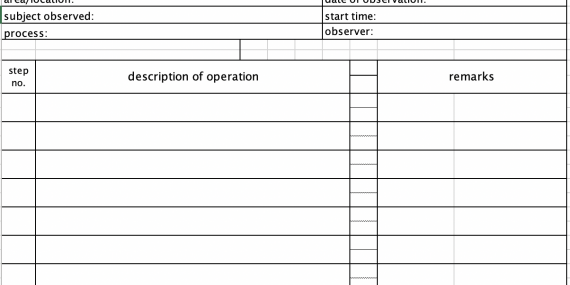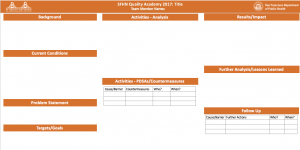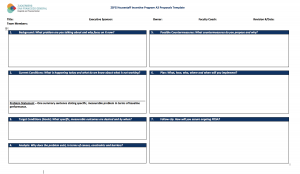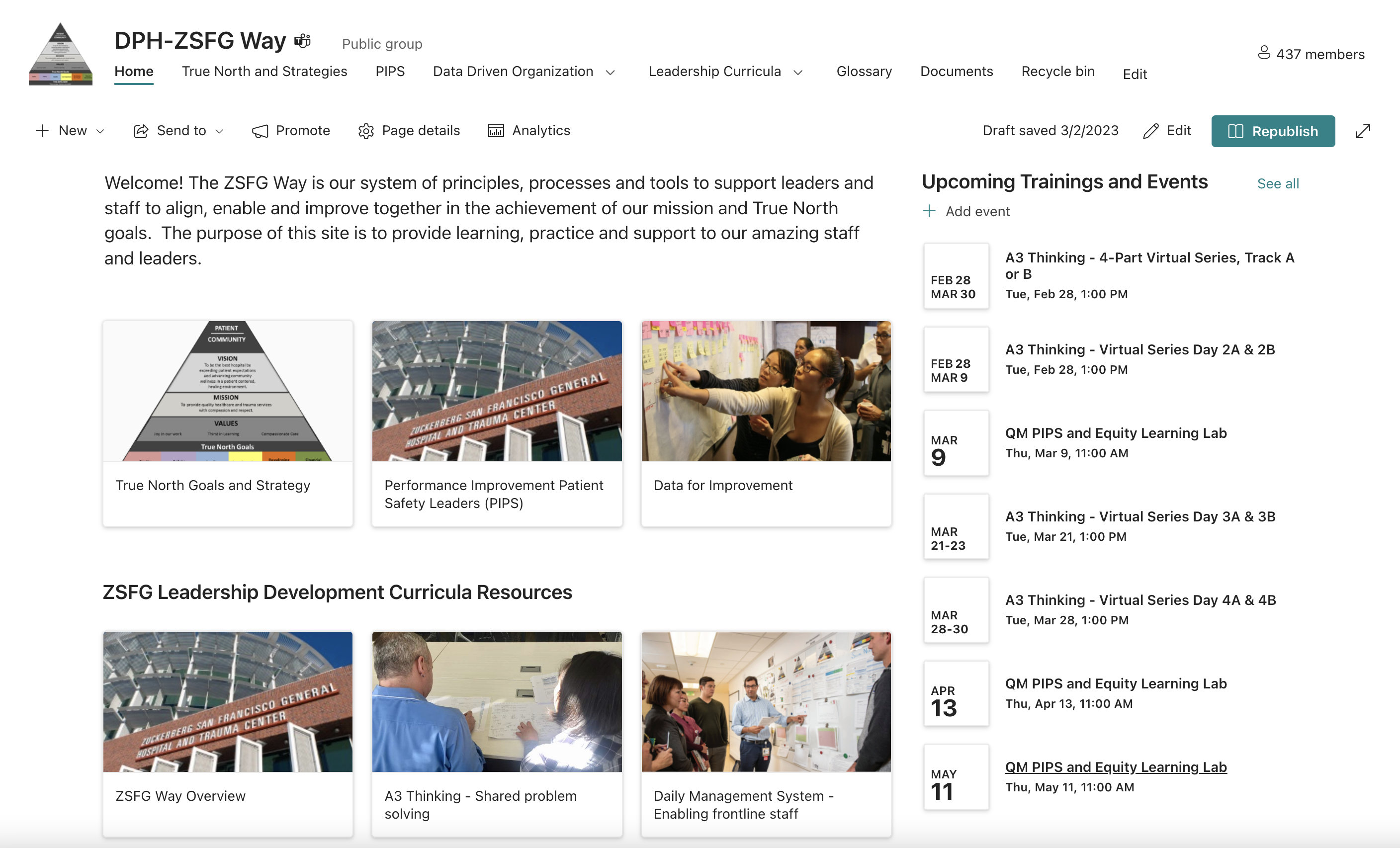A3 Thinking Overview
A3 Thinking Overview
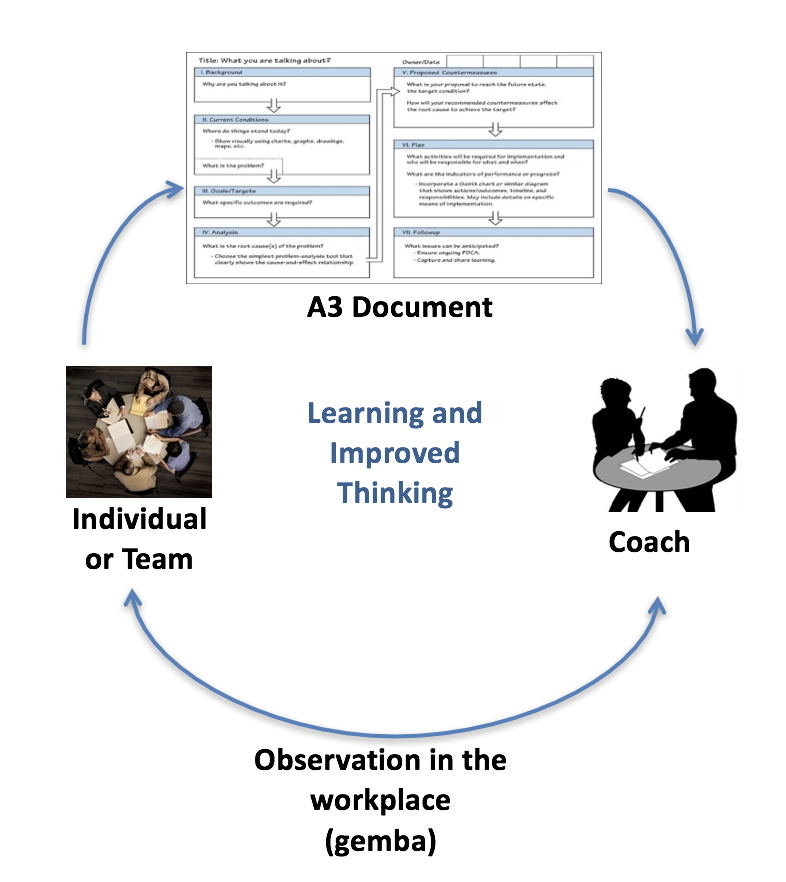
The A3 is a structured, one-page improvement plan, often printed on A3 or 11x17 paper.
A3 Thinking is a term we use to describe our standardized language and approach to problem solving, which reinforces:
"What is important is not the format, but the process and thinking in creating the A3."
- Critical thinking, not reactivity or assumption
- Humility and respect
- Problems as opportunities
- Learning through data, facts, observation
- Process & systems thinking
- Engagement and alignment
- Execution by iterative improvement (PDSA)
Zuckerberg San Francisco General Hospital and the San Francisco Department of Public Health have adopted A3 Thinking as a common approach to problem solving, with the goal of supporting an organization of problem solvers aligned to True North.
Brief Anatomy of an A3
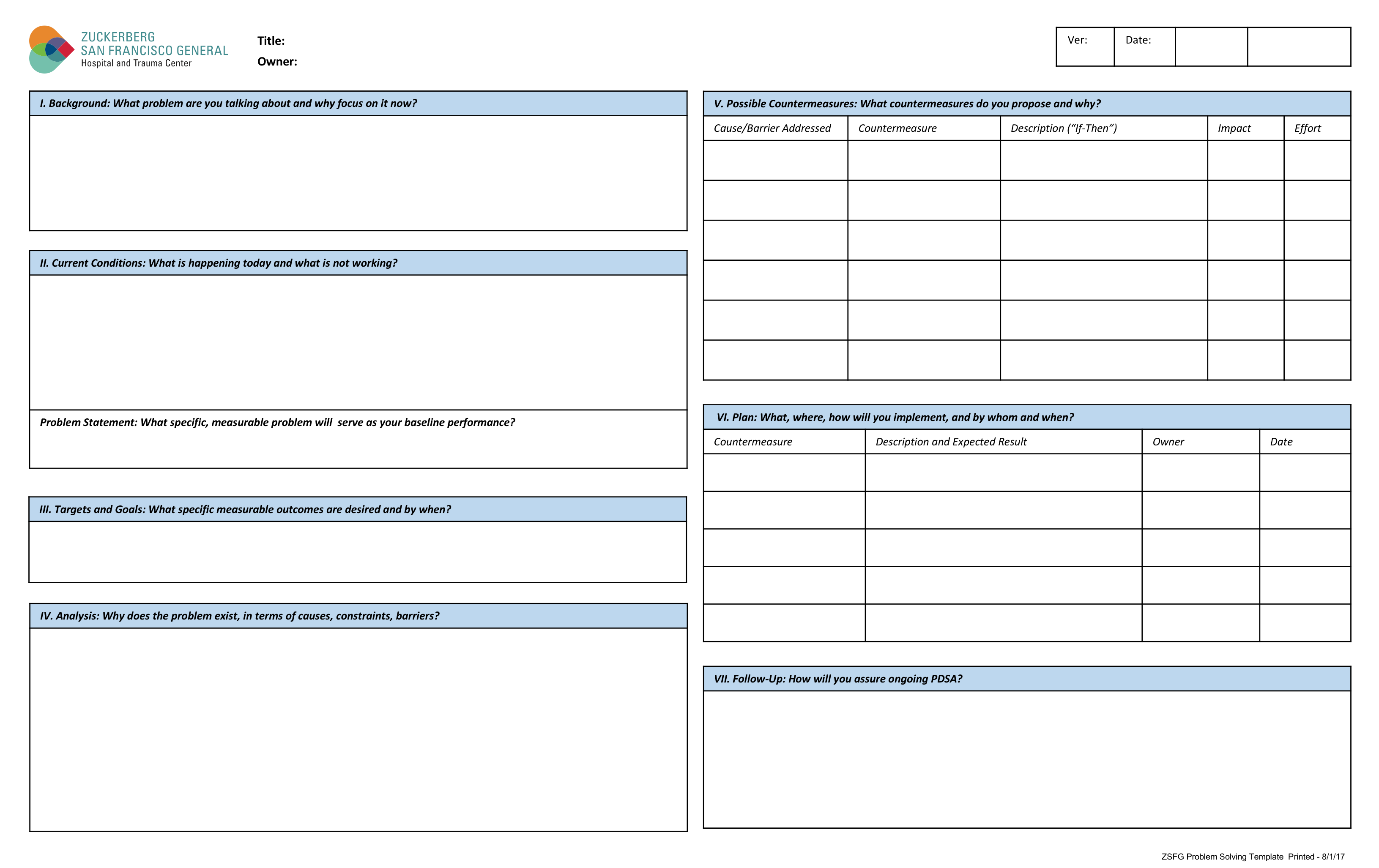
Left Side: What problem is currently happening and where do we want to be?
Background: What problem are you talking about and why focus on it now?
Current Conditions: What is happening today and what is not working?
Problem Statement: What specific, measurable problem will serve as your baseline performance?
Targets and Goals: What specific measurable outcomes are desired and by when?
Analysis: Why does the problem exist, in terms of causes, constraints, barriers?
Right Side: How will we work together to improve?
Possible Countermeasures: What countermeasures do you propose to address your causes and why?
Plan: What, where, how will you implement, and by whom and when?
Follow-Up: How will you assure ongoing improvement through PDSA (Plan-Do-Study-Adjust)?
For further information not answered here, please contact:
Associate Chief Medical Officer
Medical Director, Quality Management and Kaizen Promotion Office
Associate Clinical Professor, UCSF Department of Medicine
Sharepoint (DPH/UCSF Outlook 365 Login): https://sfgov1.sharepoint.com/sites/DPH-ZSFGWay
